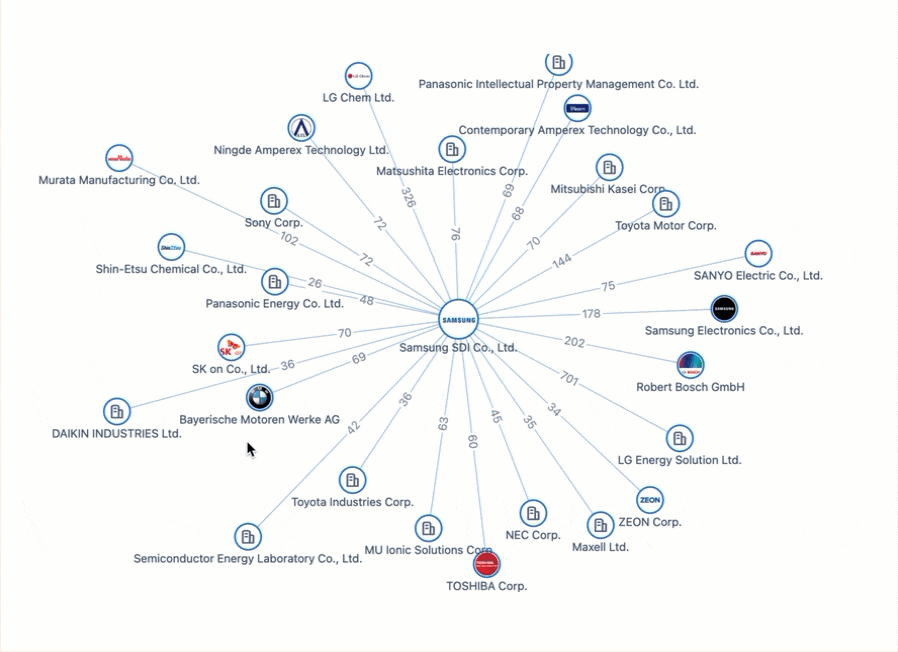GPT Hones Clinical Trials Patient Selection & Endpoints
Pharmaceutical research and development (R&D) is continually evolving, driven by the integration of cutting-edge technologies. Among these transformative advancements, the utilization of GPT (Generative Pre-trained Transformer) technology stands out as a powerful tool for optimizing clinical trials, specifically in the areas of patient selection and endpoint prediction.
By harnessing the capabilities offered by GPT models, pharma R&D leaders have the opportunity to unlock new avenues of innovation, accelerating the development of life-saving treatments while simultaneously minimizing risks and costs.
Let’s explore how GPT technologies can help accelerate drug discovery and development.
What is Drug Discovery and Development?
Drug discovery and development is the exciting journey of finding and creating new medicines to treat various diseases. It involves a series of steps: identifying key targets in the body that play a role in a disease, finding potential lead compounds, and optimizing their properties for effectiveness and safety. This includes testing them in the lab and animals, conducting clinical trials with human volunteers to evaluate safety and efficacy, seeking regulatory approval, and monitoring the drug’s performance in the market.
It’s a complex process that requires scientific expertise, rigorous testing, and regulatory scrutiny to bring life-saving treatments from the lab to the patients who need them.
What is GPT Technology?
GPT technology represents a cutting-edge technology in the realm of natural language processing. GPT technology employs sophisticated deep learning models to comprehend and produce text that closely resembles human language.
By training on vast volumes of textual data, GPT gains a profound understanding of intricate language structures and exhibits the remarkable ability to generate coherent and contextually relevant responses. Its versatility allows it to excel in a wide range of language tasks, including text completion, translation, summarization, and question answering.
How GPT-Enabled Technologies Help Accelerate Drug Discovery and Development:
Enhancing Patient Selection:
Identifying the most suitable patients for clinical trials presents a critical challenge. Traditionally, this process relied on manual screening, which was not only time-consuming but also subjective and prone to biases. However, the introduction of GPT-enabled clinical trial optimization offers a promising solution to this bottleneck. GPT models can rapidly analyze vast amounts of patient data, encompassing electronic health records, genomic information, and demographic factors, to identify relevant inclusion and exclusion criteria.
Through the automation of patient selection, researchers can streamline the recruitment process, ensuring that trial cohorts are more representative and increasing the likelihood of successful outcomes.
Endpoint Prediction:
Accurate prediction of clinical trial endpoints is invaluable for determining the efficacy and safety of new therapies. GPT models, with their ability to comprehend complex patterns and relationships in clinical data, provide a game-changing advantage in endpoint prediction.
By analyzing a range of patient-related variables, treatment protocols, and historical trial data, GPT models can generate predictive insights with remarkable accuracy. This empowers pharma R&D leaders to make informed decisions earlier in the trial process, optimize study designs, and allocate resources more effectively towards the most promising avenues, ultimately expediting the path to regulatory approval.
Inspiring Innovation and Efficiency:
The integration of GPT technology in clinical trial optimization not only enhances patient selection and endpoint prediction but also fosters a culture of innovation and efficiency within pharma R&D. By leveraging GPT models, researchers can explore novel therapeutic hypotheses, identifying patient subgroups that may respond more favorably to specific interventions.
Additionally, GPT’s capacity to process vast amounts of structured and unstructured data enables a comprehensive understanding of disease mechanisms and treatment responses. This wealth of knowledge paves the way for personalized medicine, where treatments can be tailored to individual patients, leading to improved outcomes and reduced healthcare costs.
Challenges and Considerations:
While the potential of GPT-enabled clinical trial optimization is immense, pharma R&D leaders must address certain challenges.
Ensuring data quality, privacy, and ethical considerations when utilizing patient data are paramount. Collaborations between researchers, data scientists, and regulatory bodies are essential to establish best practices and standards for the responsible implementation of GPT technology in clinical trials.
Closing Thoughts:
The integration of GPT technology in clinical trial optimization holds transformative potential for pharma R&D leaders. By improving patient selection and endpoint prediction, GPT models enable faster, more efficient trials with increased chances of success.
As we embrace this era of data-driven medicine, it is vital for pharma R&D leaders to explore and adopt innovative technologies like GPT, propelling us closer to the discovery of groundbreaking treatments and ultimately improving the lives of patients worldwide.
Your recommended content
-

All Charged Up: Power Batteries & The Patent Race Shaping the Future of Electric Mobility
Category: Article | Category: battery technology | Category: electric vehicle | Category: EV | Category: lithium ion | Category: lithium ion battery | Category: NEV | Category: new energy vehicles
Monday, April 22, 2024
In the ever-evolving landscape of innovation, the electric vehicle (EV) industry stands as a beacon of technological transformation. As nations...
-

The People vs. AI: Who Owns Ideas in the Era of Generative Artificial Intelligence?
Category: AI era | Category: AI-driven creativity | Category: AI-generated creations | Category: Article | Category: copyright and patent rights | Category: digital innovation | Category: innovation | Category: intellectual property law | Category: legal implications | Category: OpenAI Sora | Category: patent law | Category: Research Tag | Category: Sora | Category: text-to-video generative AI | Category: who owns AI
Monday, April 22, 2024
In the ever-evolving landscape of technological innovation, OpenAI's Sora emerges as a groundbreaking force, blurring the lines between human creativity and artificial intelligence. As the forefront of text-to-video generative AI, Sora's capabilities have ignited profound discussions around copyright and patent rights, challenging established legal frameworks and prompting a reevaluation of intellectual property rights in the digital age. With its capacity to generate high-quality footage based on mere prompts, Sora exemplifies the potential of AI-driven creativity, yet it also raises complex ownership dilemmas and ethical considerations. As we navigate this uncharted territory, it becomes imperative to explore the intersection of intellectual property law and AI technology, deciphering the legal challenges and implications posed by AI-generated creations. From the nuances of copyright law to the ethical dimensions of AI development, this editorial delves into the multifaceted landscape of Sora's impact, offering insights into the future of innovation and ownership in the AI era.
-

Patsnap Releases 2023 Global Innovation Report: The Brilliant Names to the Dynamic Landscape of Innovation
Category: Article | Category: eBook | Category: Research Tag | Category: Whitepaper
Wednesday, November 15, 2023
The Global Innovation 100 and Global Disruption 50 transcend individual entities, each representing a small innovation ecosystem with numerous subsidiaries. Through the innovation data of these companies, we gain insights into the characteristics, structures, and trends of global innovation.